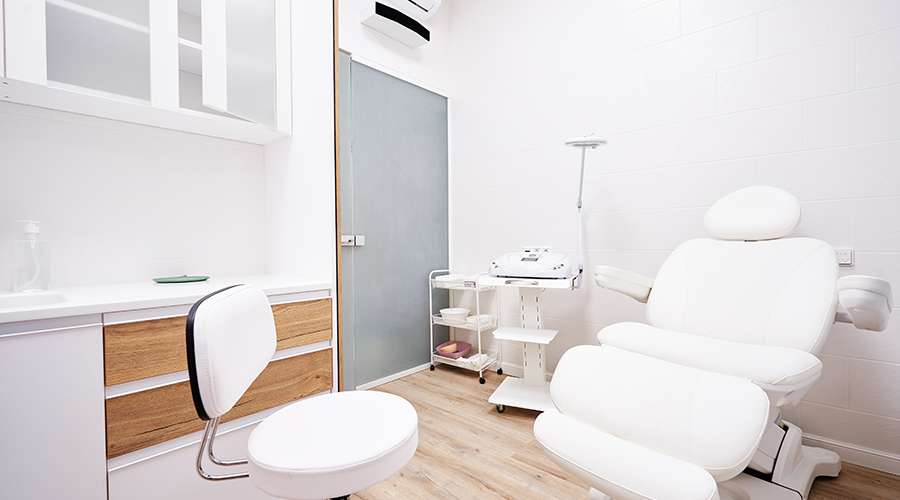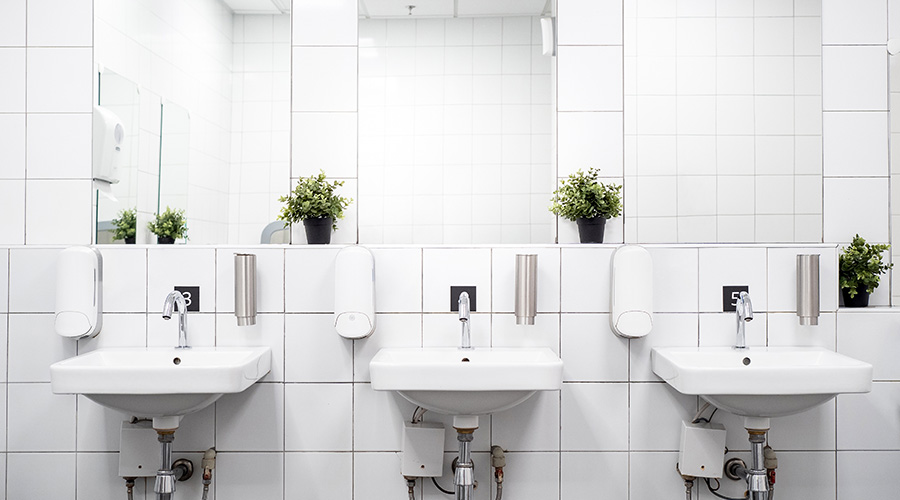Replacing frequently-touched surfaces with antimicrobial copper equivalents — teamed with good hygiene practices — could help address both the environmental spread of contamination and the rise of antibiotic resistance, according to an article on the News-Medical Net website.
Copper is a powerful antimicrobial with rapid, broad-spectrum efficacy against bacteria and viruses, and has been shown to kill disease-causing pathogens, including influenza A, E.coli and norovirus, and resistant bacteria including Methicillin-resistant Staphylococcus aureus (MRSA), Carbapenem-resistant Enterobacteriaceae (CRE) and Vancomycin-resistant enterococcus (VRE), the article said.
"We’ve shown that antimicrobial copper touch surfaces produce a rapid kill of bacteria, viruses and fungi, usually within minutes," said Professor Professor Bill Keevil, Chair in Environmental Healthcare at the University of Southampton.
"EPIC 3 — the national, evidence-based guidelines for preventing HCAIs in NHS Hospitals in England — recognize high-touch surfaces made from antimicrobial copper harbour 80-90 percent fewer bacteria than equivalent, non-copper surfaces. A multi-centre trial in the US further showed a concurrent 58 percent reduction in HCAIs in ICU rooms equipped with antimicrobial copper touch surfaces."

 Social Media Driving Rise in Trade Jobs
Social Media Driving Rise in Trade Jobs North Carolina Children's Receives $25M Gift from Coca-Cola Consolidated
North Carolina Children's Receives $25M Gift from Coca-Cola Consolidated Swinerton Breaks Ground on $5.5M Medical Office Building in North Carolina
Swinerton Breaks Ground on $5.5M Medical Office Building in North Carolina Rethinking Strategies for Construction Success
Rethinking Strategies for Construction Success From Touchless to Total Performance: Healthcare Restroom Design Redefined
From Touchless to Total Performance: Healthcare Restroom Design Redefined